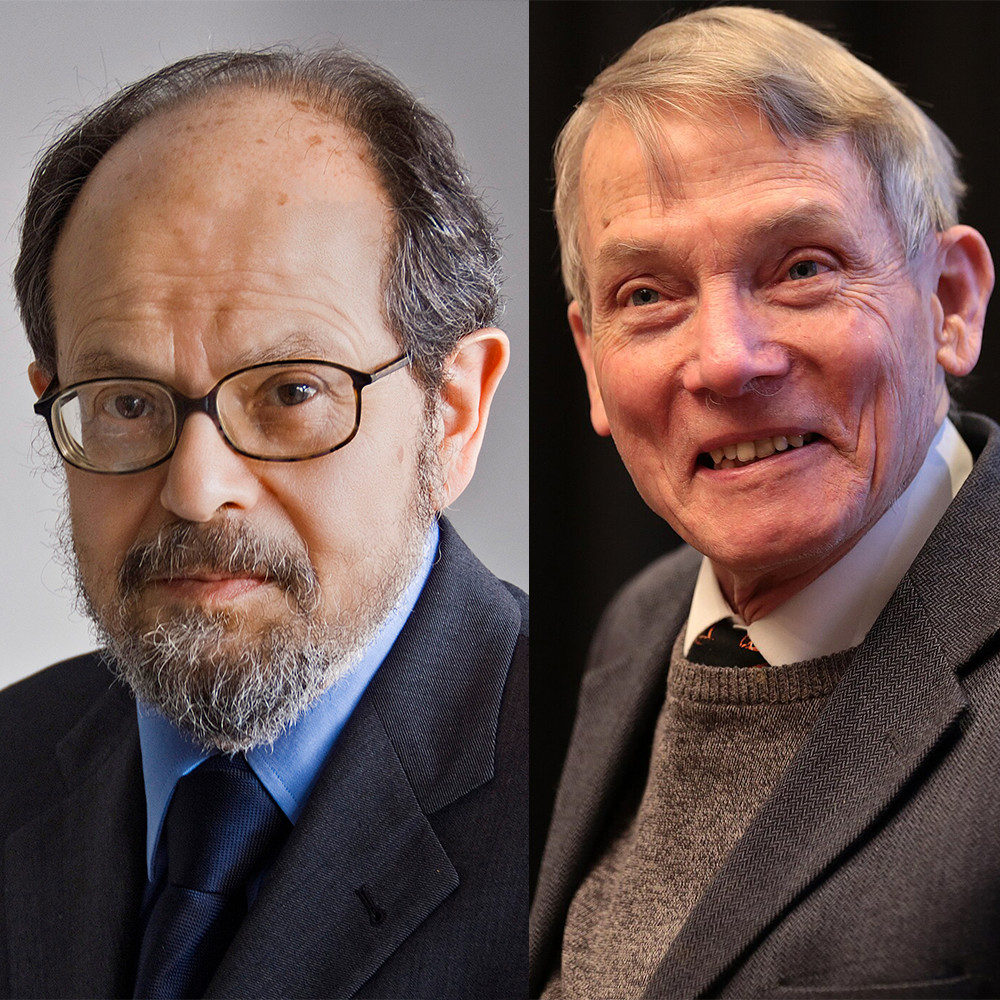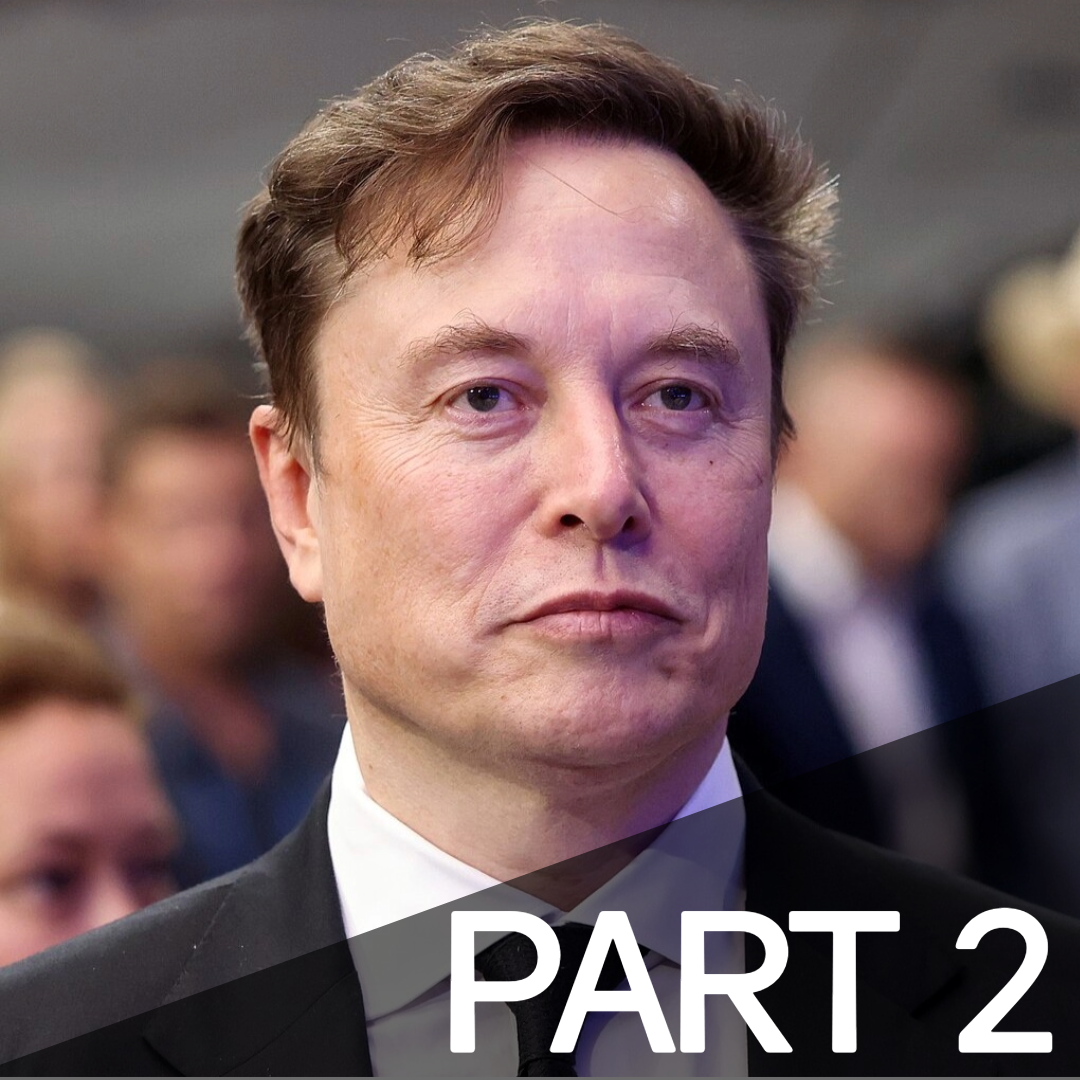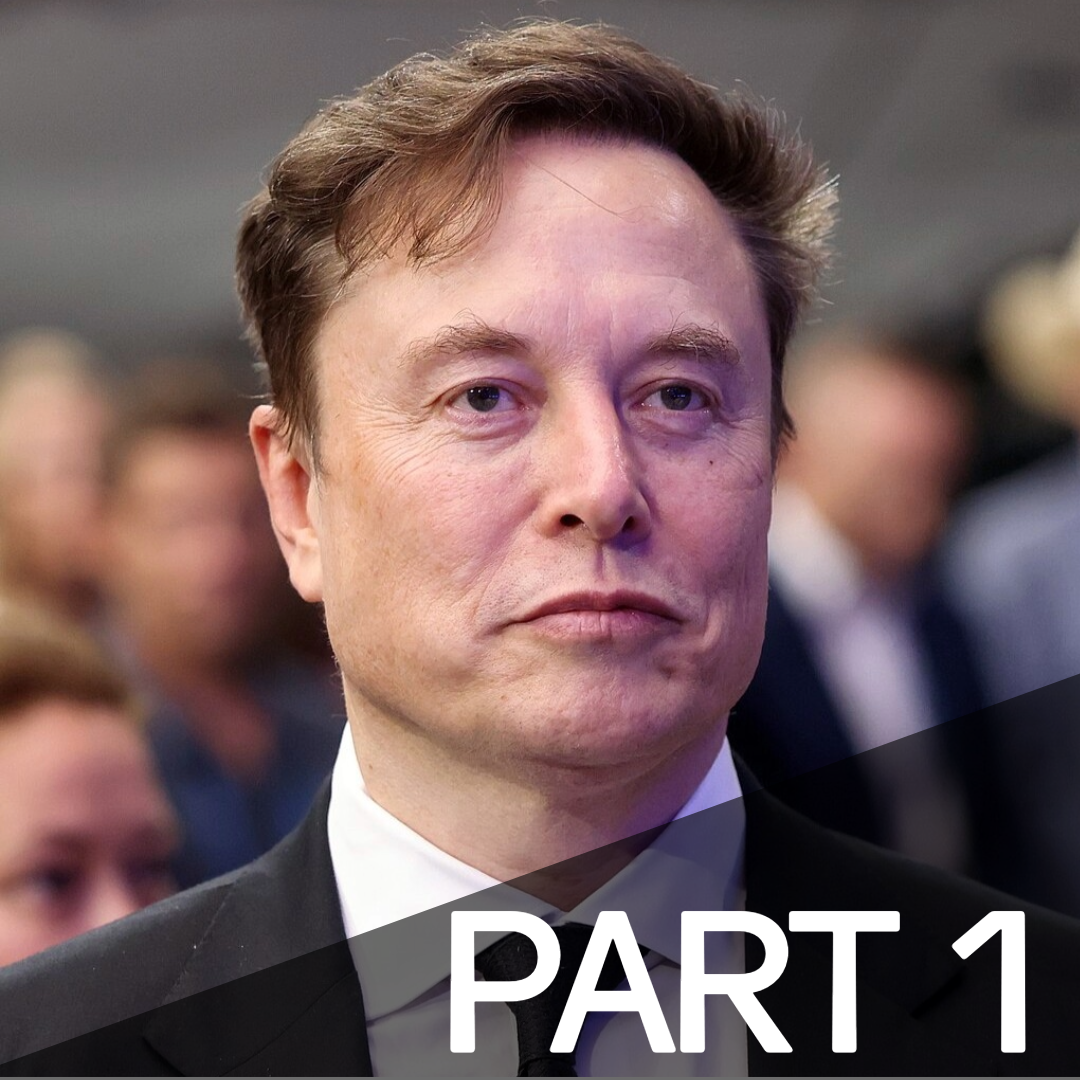#0040 - JD Vance Hosting Charlie Kirk's Podcast
We step away from Joe Rogan to break down JD Vance's September 2025 appearance on the Charlie Kirk Podcast.
-
NBC News | Right-wing terror attacks plunged in 2025, while left-wing attacks ticked up: study
-
New York Times | Justice Dept. Official Pushes Prosecutors to Investigate George Soros’s Foundation
-
CNN | Trump suggests undocumented immigrants who commit murder have ‘bad genes’
-
YouGov | What Americans really think about political violence
-
CSIS | Left-Wing Terrorism and Political Violence in the United States: What the Data Tells Us
-
The Guardian | Nearly one in four Americans believe political violence justified to ‘save’ US
-
Minnesota Reformer | Right-wing celeb Charlie Kirk thinks George Floyd is a ‘scumbag’
-
Fact Check | Flawed Comparison on Coronavirus, H1N1 Emergency Timelines
-
New York Times | For Charlie Kirk, Conservative Activist, the Virus Is a Cudgel
-
Media Matters | On YouTube, Charlie Kirk warns that gay people “want to corrupt your children”
Clips used under fair use from the Charlie Kirk show on September 15th 2025.
Listen to our other shows:
-
Cecil - Cognitive Dissonance and Citation Needed
-
Marsh - Skeptics with a K and The Skeptic Podcast
Intro Credit - AlexGrohl:
https://www.patreon.com/alexgrohlmusic
Outro Credit - Soulful Jam Tracks: https://www.youtube.com/@soulfuljamtracks
Press play and read along
Transcript
Transcript is processing—check back soon.





